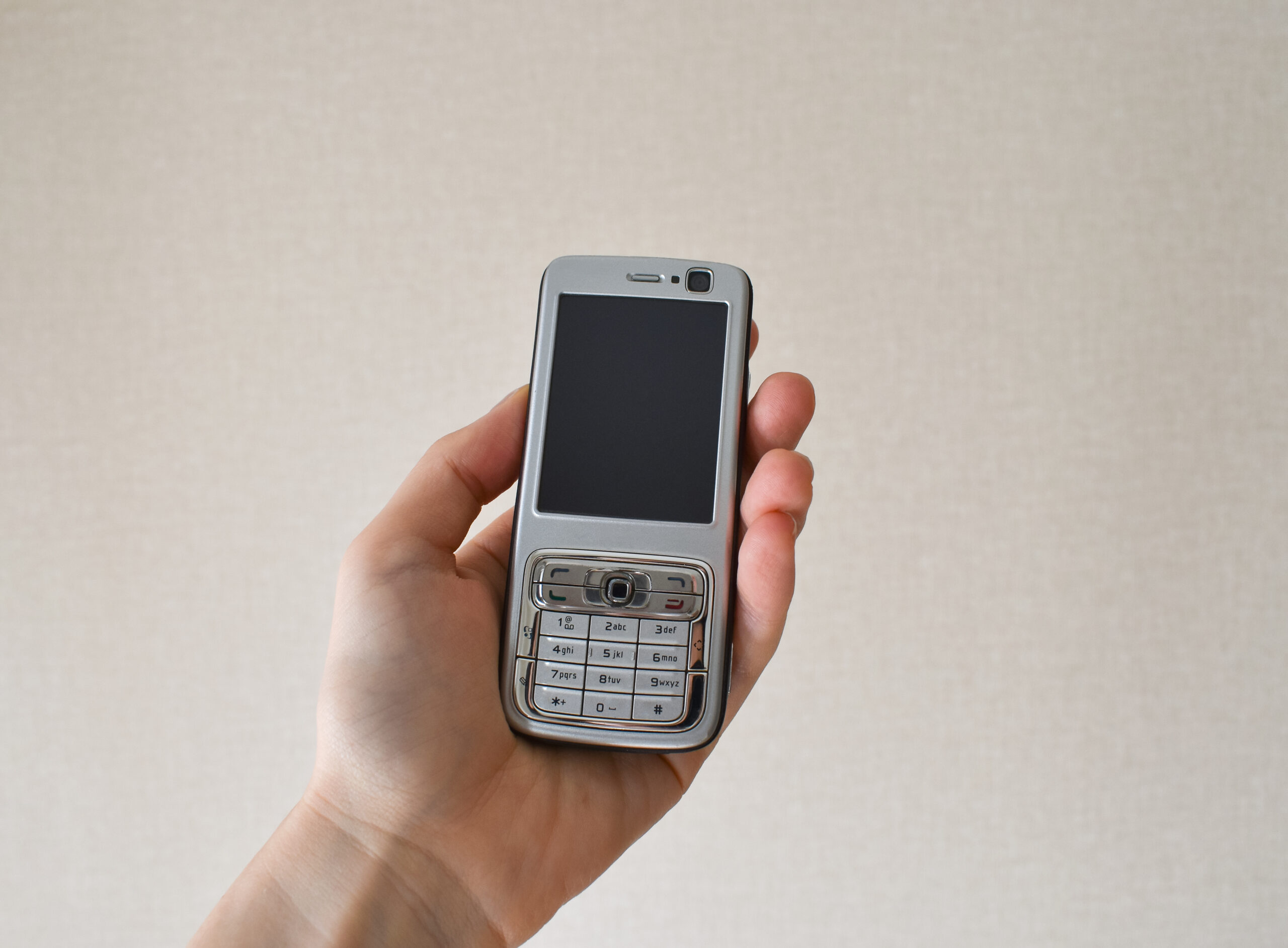Dry Eyes and Menopause: The Connection Doctors Don’t Tell You
Dry eyes and menopause are connected in ways many women don’t often hear about from their doctors. If you’re going through menopause and suddenly notice your eyes feeling dry, gritty, or burning, it’s not just in your head. Hormonal changes during this time play a big role in why dry eye symptoms appear or worsen.
During menopause, the body produces less estrogen and androgen hormones. These hormones are crucial for keeping your eyes moist and comfortable because they help regulate the tear film—the thin layer of moisture that covers the surface of your eyes. This tear film has three layers: oily, watery, and mucous. The oily layer prevents tears from evaporating too quickly, while the watery layer keeps things lubricated.
When estrogen levels drop during menopause, tear production slows down. At the same time, androgen deficiency affects special glands in your eyelids called meibomian glands that produce oils for the tear film. With less hormone support, these glands can shrink or get blocked and stop producing enough quality oil to keep tears stable on your eye surface.
This leads to faster evaporation of tears causing dryness and irritation—your eyes may feel gritty or like there’s sand inside them. You might also experience redness or a burning sensation especially when exposed to wind or screens for long periods.
Interestingly, even though you feel dry eye symptoms like stinging or soreness, you might notice excessive tearing as well. This happens because when your eyes get too dry they try to compensate by producing reflex tears—watery but lacking oils—which evaporate quickly leaving you stuck with both dryness and watering at once.
Other common signs include morning puffiness around the eyelids due to inflammation caused by poor gland function; sensitivity to light; blurred vision at times; discomfort wearing contact lenses if you use them; plus occasional redness especially after waking up.
Many women don’t realize these uncomfortable eye changes are linked directly to hormonal shifts happening inside their bodies during perimenopause (the years leading up to full menopause) as well as after periods stop altogether.
Beyond just discomfort though—these hormonal changes can increase risks for other eye conditions such as cataracts (clouding of lens), glaucoma (damage from high pressure inside the eye), and macular degeneration (loss of central vision). While age itself is a factor here too, declining hormone levels contribute significantly post-menopause.
If you find yourself dealing with sudden dry eyes that don’t improve with regular over-the-counter drops—or if blurry vision comes on without any obvious reason—it’s worth talking openly with both an eye specialist and a gynecologist who understands how hormones affect overall health including eyesight.
In short: Menopause doesn’t just change how you feel inside—it can change how comfortable your eyes feel every day too—and knowing this connection helps women seek better care tailored specifically for these hormonal effects rather than treating symptoms alone without addressing root causes.





